Tag
#Microvast
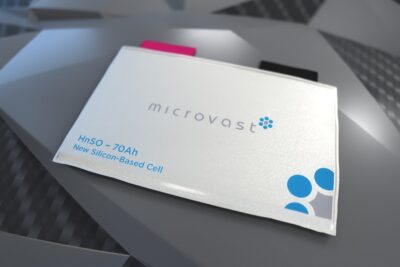
Microvast presents battery applications for commercial vehicles
19.09.2024
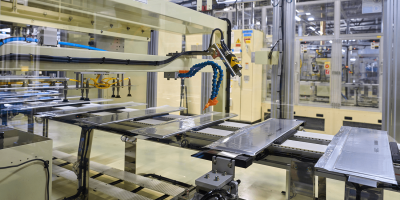
GM & Microvast announce plans for battery material plant
03.11.2022
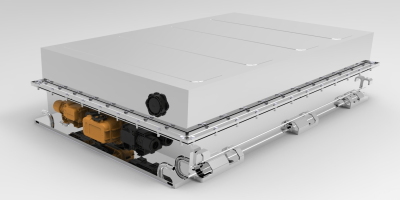
Microvast successfully completes XFC project
27.09.2022

Microvast presents new utility vehicle battery packs
21.09.2022

Microvast introduces batteries for utility vehicles
28.03.2022
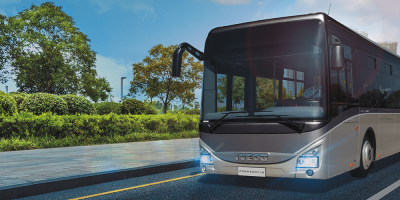
Microvast and FPT to supply batteries to Iveco Bus
12.01.2022
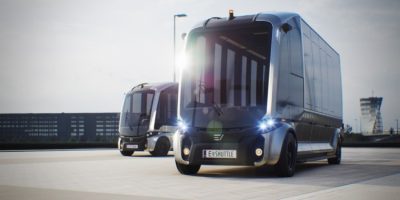
Microvast & eVersum to cooperate on battery development
10.08.2021
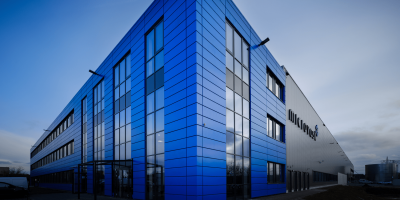
Microvast completes IPO by merging with Tuscan
27.07.2021
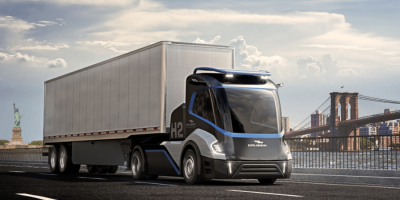
Gaussin orders battery supply from Microvast
09.06.2021

Microvast to supply battery for bus manufacturer Safra
29.03.2021
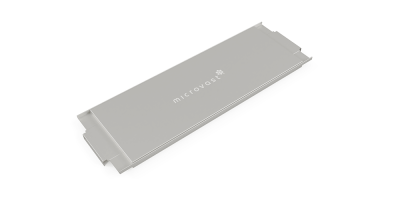
Microvast to build plant and work with Oshkosh
11.02.2021

Microvast announces fast-charging utility vehicle battery
18.12.2020
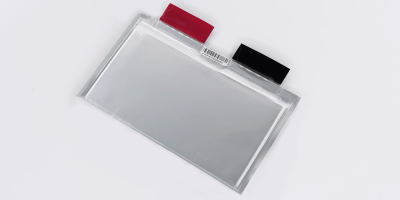
Microvast presents fast-charging pouch cell
14.10.2020
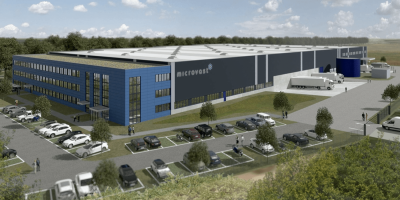
Microvast completes battery factory in Brandenburg
03.07.2020
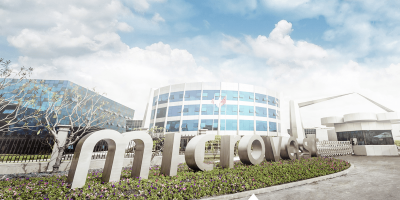
Battery manufacturer Microvast follows Tesla to Brandenburg
20.11.2019

Toyota, GKN Driveline, Continental, Microvast.
21.04.2017

Samsung SDI, LG Chem, Hokkaido, UK, Microvast.
22.03.2016

Last commented